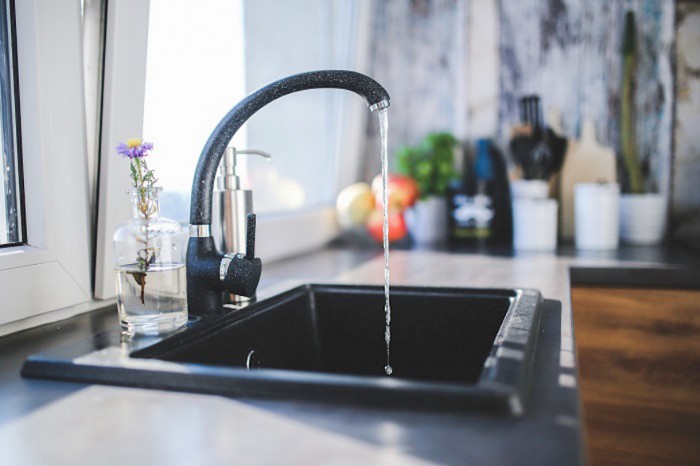
In January 2017, a South African researcher sounded the alarm that the country’s water woes are more dire than we first thought. At the time, University of Cape Town Environmental and Geographical Sciences lecturer Kevin Winter said the city of Cape Town’s water reservoirs would only be able to sustain the city for 100 more days if drastic steps were not taken. With no rain in sight, the city responded by upping water restrictions and penalties on households with high consumption rates, adding that it had “reserves” in the event that its dams continued to dry up.
These problems are not unique to the city.
From the Western Cape to Limpopo, the Department of Water and Sanitation is implementing water restrictions, placing the responsibility of conservation on the average household. While the jury is still out on whether government departments and major corporations are doing enough to save water in their own capacities, an app developed at the University of Cape Town (UCT) is hoping to make conservation a little easier for the little guy.
“The pilot project has demonstrated that making use of the app, even if only briefly, consistently reduced households’ water consumption compared to their own historic usage patterns, as well as compared to individuals that were not given access to the application,” said Megan McLaren, UCT master’s student and a team member at UCT’s Department of Information Systems (iCOMMS).
Called Drop Drop, the app helps users track their daily water usage, predict monthly bills and learn new ways to conserve water. “There are also details about who to contact regarding water problems, advice on how to save water in your household and guidance on how to detect leaks,” added McLaren.
The next phase of the project will expand the app’s user base and pilot additional efficiency driven mechanisms. While the first phase was piloted in rural communities, the department said that its target market is mid to high income households, where the majority of high residential water consumption occurs. “Affluent users present one of our best opportunities for reducing water consumption,” said McLaren.
The app is free to download and currently only available to Android users but plans are underway to rollout the app to Apple users.
“We hope to see it making a significant contribution to creating awareness of citizens’ water use and shifting people’s practices to be more sustainable.”






